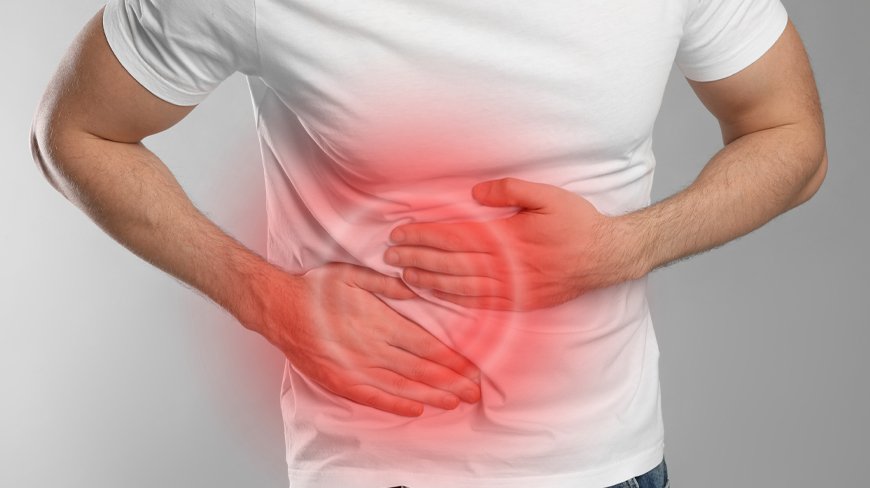– Abdominal pain is discomfort felt anywhere from the chest to the groin, commonly referred to as the stomach region or belly.
– Nearly everyone experiences abdominal pain at some point, usually not indicating a serious condition.
– The severity of pain doesn’t always correlate with the seriousness of the underlying condition; for instance, gas or stomach cramps from viral gastroenteritis can cause intense pain, while fatal conditions like colon cancer may only cause mild or no pain.

Different types of abdominal pain include:
– Generalized pain: Felt in more than half of the belly, often associated with stomach virus, indigestion, or gas. Severe cases might indicate intestinal blockage.
– Localized pain: Occurring in one specific area of the belly, often indicating problems in organs like the appendix, gallbladder, or stomach.
– Cramp-like pain: Usually mild and due to gas and bloating, sometimes followed by diarrhea. Recurrent or severe cramps with fever require medical attention.
– Colicky pain: Comes in waves, typically severe and sudden, commonly caused by conditions like kidney or gallstones.
– Abdominal pain can stem from various conditions, ranging from less serious to potentially life-threatening, including: –
– Constipation
– Irritable bowel syndrome
– Food allergies or intolerance
– Food poisoning
– Stomach flu
– Appendicitis
– Abdominal aortic aneurysm
– Bowel blockage or obstruction
– Cancer of abdominal organs
– Cholecystitis (gallbladder inflammation)
– Decreased blood supply to the intestines
– Diverticulitis
– Endometriosis
– Heartburn, indigestion, or gastroesophageal reflux
– Inflammatory bowel disease
– Kidney stones
– Muscle strain
– Pancreatitis
– Pelvic inflammatory disease
– Ruptured ovarian cyst
– Severe menstrual cramps
– Tubal (ectopic) pregnancy
– Ulcers
– Urinary tract infections
Home care remedies for mild abdominal pain include:
– Drinking clear fluids
– Avoiding solid food initially
– Gradually reintroducing mild foods after vomiting stops
– Taking antacids for upper abdominal pain associated with heartburn or indigestion
– Preventive measures to reduce abdominal pain include staying hydrated, eating balanced meals, exercising regularly, and avoiding gas-producing foods.
– Medical attention is necessary if abdominal pain is severe, sudden, or accompanied by symptoms like vomiting blood, difficulty breathing, or tenderness in the belly. For the best medical care and guidance regarding abdominal pain, consider consulting Dr. Deepak Chandra Srivastava, best MD Medicine, and the leading physician in Gorakhpur.
